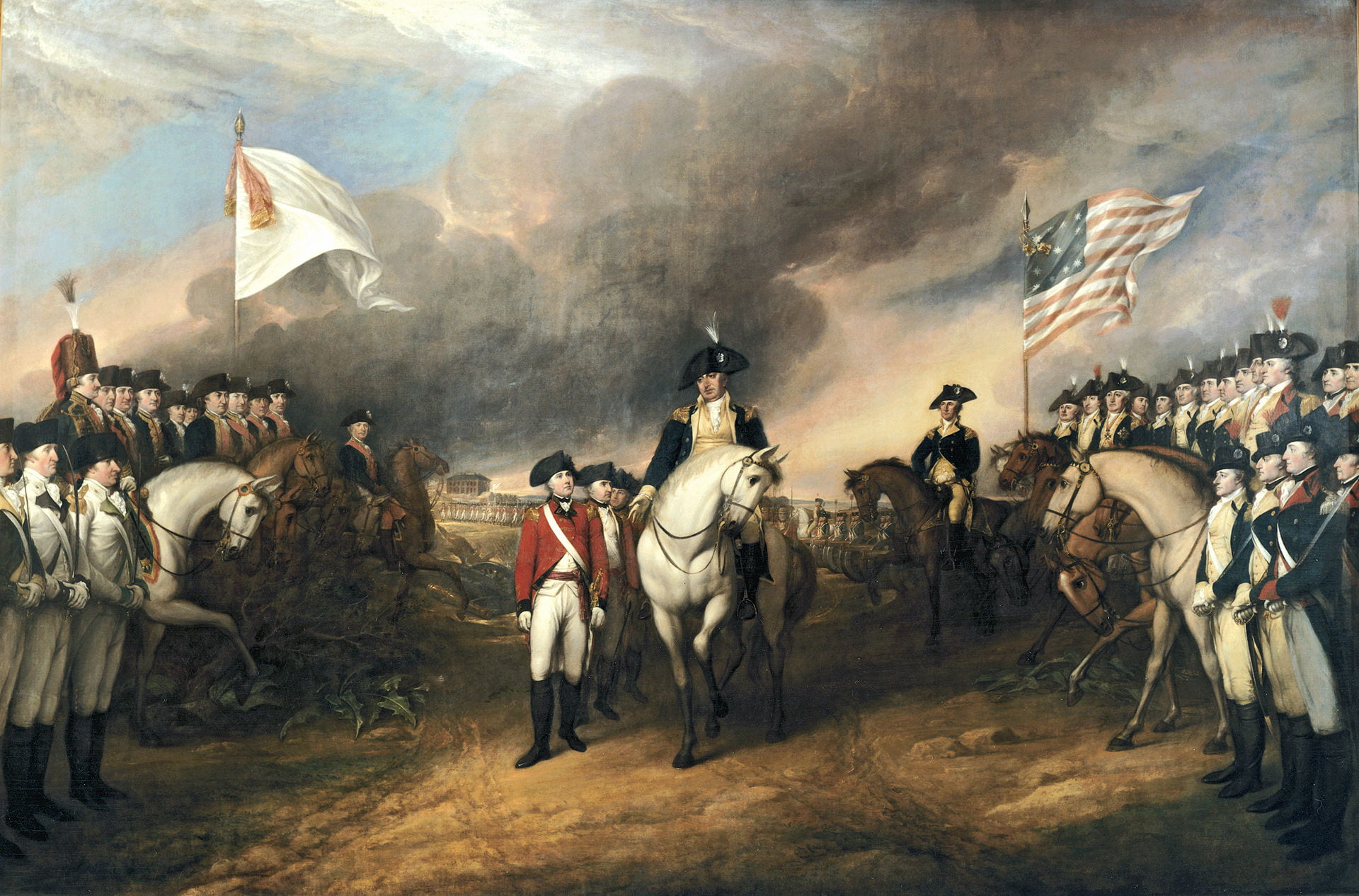By: Ahad Khatri

With the constructive criticism my partner offered me, I decided to change the dynamics of the song that I created as a response to “Alexander Hamilton”, a song that incorporated lyrics regarding my health and mental struggles compared to Alexander Hamilton’s political and social struggle.
While my partner understood the premises and the purpose of my song, as well as its intended audience, which she felt could be extended to Tech students as well as general fans of the song, she mentioned improvements I could have made in the flow, recording and the narration of the song, all of which I took drastic measures to improve. The rough draft I submitted was recorded early in the morning while the fan was on, without instrumentals, but I intended on bringing in the music to my adaptation to give the listener an interesting experience.
My partner appreciated the effort I made to create the song in such a short time; I enjoyed reading her peer review and felt like the changes that she recommended were both realistic and helpful at the same time.
I then sat down, opened my computer, took a deep breath, and put my final draft and my rough draft side-by-side. For rhyme scheme purposes, for example, I changed “hospitalized”, because the word felt awkward in terms of flow, to “admitted”. I made sure that each line of my song had enough syllables to fully capture the beat of “Alexander Hamilton”; as I was making minor changes to my song, I could feel my sense of creativity ebb and increase at different points. For example, I tried to mimic the lyric “I’m the damn fool that shot him!” from the original song; I had to think about what or who constituted the biggest part of my life, as I had already mentioned my parents. I decided to place God in my lyric, “God’s the one who saved him”, to emphasize the emotion I was feeling during my surgery and the miracle that saved me.
Finally, I felt that the hardest part about creating the song was both finding a quiet place where I could record my voice, as well as relating the high and low points of my life to Georgia Tech, or where I currently am. Like “Alexander Hamilton” somewhat narrates the life of Alexander Hamilton chronologically, I decided to take the past events of my life and view them as stepping stones to my present. The most important lyric that reflected the turning point of my hardship and “strife”, as I mention in my song, was, “In G.T. he could start a new life”, which related to “In New York you can be a new man” from “Alexander Hamilton”. It was an amazing experience writing the remix in third-person and incorporating an anonymous narrator into the performance of the song because I was able to express myself more freely and clearly recount the different moments of my life. Here is hoping you will enjoy my remix!
https://soundcloud.com/ahad-yousuf-khatri/ahadyousufkhatri-remixandadaptation/s-3trQB








